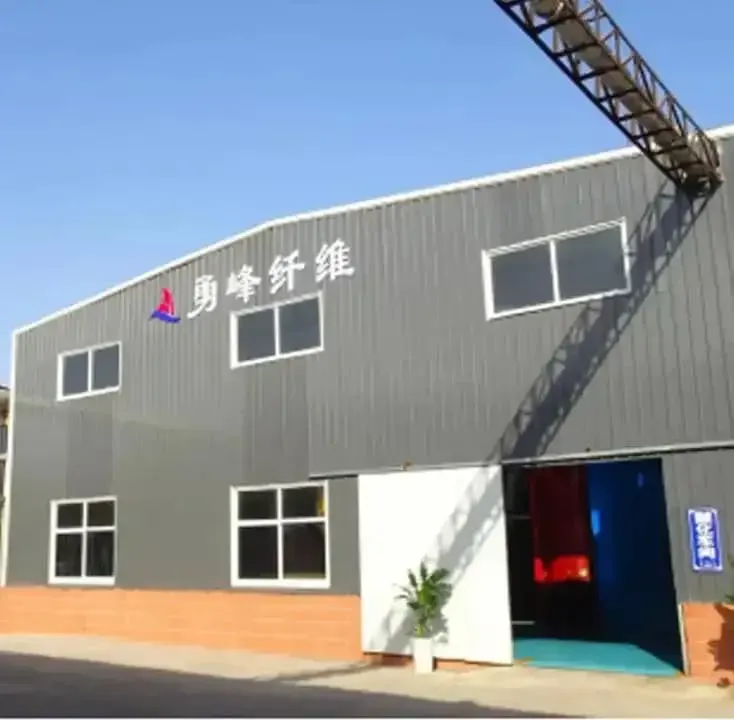The Fascinating World of Cellulose Nature's Versatile Polymer
Cellulose is a remarkable organic compound that plays a vital role in both the natural world and various industrial applications. As the primary structural component of plant cell walls, it provides strength and rigidity to plants, allowing them to stand upright and grow. This polysaccharide, composed of linear chains of glucose units linked by β(1→4) glycosidic bonds, is not only a fundamental component of terrestrial life but also a valuable resource for numerous industries.
One of the most intriguing aspects of cellulose is its abundance. It is the most prevalent organic polymer on Earth, making up about 33% of all plant matter. Found in the cell walls of plants, algae, and some fungi, cellulose is essential for the growth and maintenance of these organisms. In the plant kingdom, cellulose's role cannot be overstated. It helps to determine the mechanical properties of plants, enabling them to resist gravitational forces and withstand environmental challenges such as wind and heavy rainfall.
The Fascinating World of Cellulose Nature's Versatile Polymer
In human history, cellulose has been utilized in a variety of ways, starting from ancient times when people used plant fibers for making ropes, baskets, and clothing. With the advent of industrialization, the significance of cellulose has only grown. Today, it serves as a crucial raw material for many industries, including textiles, paper, and food. The production of paper is one of the most significant applications of cellulose; pulping wood releases cellulose fibers, which are then processed into sheets of paper. This paper can range from high-quality printing paper to packaging materials, showcasing cellulose's versatility.
celulosa

In the textile industry, cellulose is transformed into fibers such as rayon and lyocell. These fibers are prized for their softness and breathability, making them a popular choice for clothing and home textiles. The process of creating these fibers involves dissolving cellulose and then regenerating it to form a fiber structure, illustrating the adaptability of this polymer.
In the realm of food, cellulose plays an essential role as a dietary fiber. It is not digested by humans, but it is crucial for a healthy digestive system. Cellulose aids in maintaining gut health, regulating bowel movements, and preventing various digestive disorders. It also acts as a bulking agent in many food products, helping to improve texture and stability.
The growing interest in sustainability has led to increased research into cellulose as a renewable resource. Scientists are exploring its potential in the production of biofuels, biodegradable plastics, and other sustainable materials. Using cellulose derived from agricultural waste or fast-growing plants not only provides an eco-friendly alternative to fossil fuels but also helps reduce waste and promote a circular economy.
Cellulose is indeed a polymorphic material with multifaceted applications. Its role extends beyond mere structural support in plants to embracing a suite of industrial uses that touch our daily lives. As research progresses, the potential of cellulose continues to expand, paving the way for innovative solutions that align with environmental sustainability.
In conclusion, cellulose's significance in nature and its versatility make it an exciting subject of study. From being the backbone of plant life to serving as a key ingredient in our daily products, cellulose intertwines with various aspects of our lives. As we continue to explore its properties and applications, we uncover not only the secrets of nature but also the pathways to a more sustainable future.
-
Rdp Powder: Key Considerations for Wholesalers in the Building Materials IndustryNewsJul.08,2025
-
Key Considerations for Wholesalers: Navigating the World of Hpmc - Based ProductsNewsJul.08,2025
-
Hpmc Detergent: Key Considerations for WholesalersNewsJul.08,2025
-
Key Considerations for Wholesalers: China Hpmc For Tile Adhesive, Coating Additives, Concrete Additives, and MoreNewsJul.08,2025
-
Crucial Considerations for Wholesalers: Navigating the World of Construction MaterialsNewsJul.08,2025
-
Key Considerations for Wholesalers Sourcing Additive For Cement, Additive For Concrete, Additive For Putty from Additive Manufacturer Shijiazhuang Gaocheng District Yongfeng Cellulose Co., Ltd.NewsJul.08,2025




